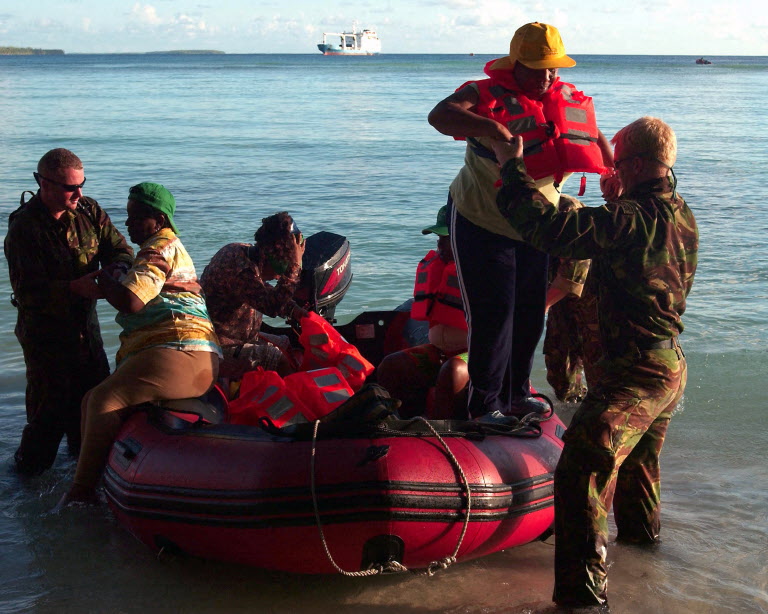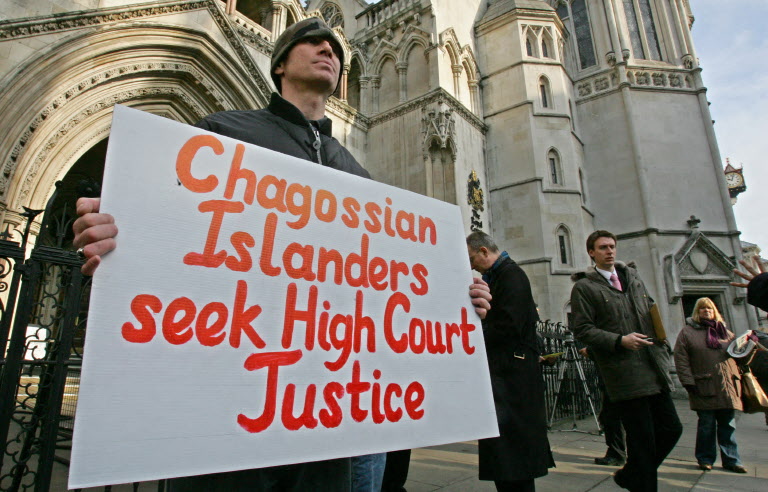Mauritius’ newly elected government is seeking more favourable terms in its agreement with the UK regarding control over the Chagos archipelago—a pivotal location housing a UK-US military base in the Indian Ocean. The move casts uncertainty over one of British Prime Minister Keir Starmer’s notable early diplomatic achievements.
Prime Minister Navinchandra Ramgoolam, addressing lawmakers on Tuesday, stated that the previous draft agreement brokered under Mauritius’ former administration “does not deliver the expected benefits for the nation.” While Mauritius remains open to a deal, Ramgoolam disclosed that his government had submitted counter-proposals to the UK and received a response on Monday, though he refrained from elaborating further.
Ramgoolam—who secured his fourth term following his party’s sweeping victory in the November 10 elections—has already met with senior UK officials, including Harriet Mathews, Director General for Africa, and National Security Adviser Jonathan Powell. The Mauritian leader’s dissatisfaction prompted an announcement in late November of an independent review of the deal.
For Starmer, the potential delay in ratifying the accord poses an awkward challenge. The pact, signed on October 3 with former Mauritian Prime Minister Pravind Kumar Jugnauth, ceded sovereignty of the Chagos archipelago to Mauritius while ensuring continued UK control of Diego Garcia, the key military base.

However, political turmoil followed swiftly: Mauritius’ parliament dissolved just one day later, on October 4, throwing the agreement’s future into question. Starmer had hoped the deal would end decades of contentious legal disputes and international pressure on the UK. Yet, the base’s strategic importance—dating back to its establishment in the 1970s and its role in US military operations in the Middle East and Afghanistan—adds another layer of complexity.
Starmer now faces fierce backlash, particularly from right-wing politicians in the UK, who frame the deal as a surrender of British interests. Prolonging the debate is far from ideal for the Prime Minister, whose tenure since July has been marked by turbulence.
Adding further uncertainty is the spectre of Donald Trump’s potential return to the White House. While outgoing US President Joe Biden backed the Chagos deal, Trump’s stance remains ambiguous. The Reform UK leader and Trump ally, Nigel Farage, has been among the deal’s most vocal critics in Parliament—positioning himself as a growing political threat to Starmer.
What happens next is shrouded in unpredictability, as geopolitical tensions, domestic pressures, and shifting international alliances collide.


